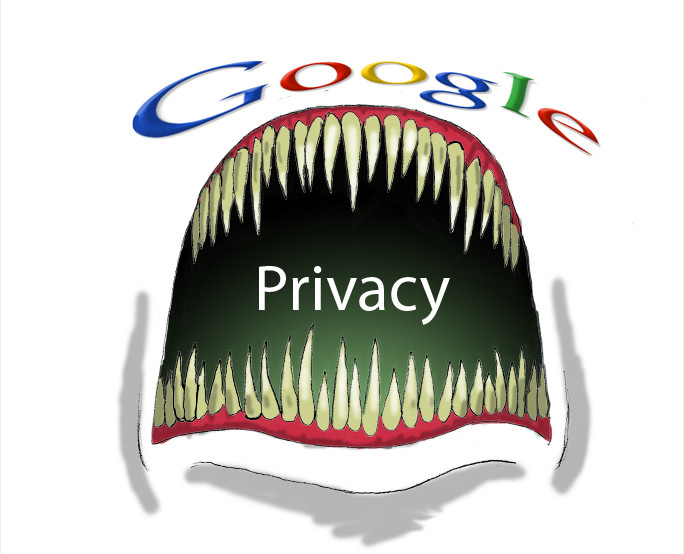Google Ogling You
Are We Becoming Google Products?
Starting March 1, Google will only have one privacy policy for all its services, making it even easier for the company to track users over all Google products.
It means that your personal information—from the day-to-day things you search for and email, talk about on Google+, to the places you visit on Google Maps and the cat videos you watch on YouTube—will all be under the same file.
It’s not exactly news that Google uses our personal information. Ever notice how certain words always appear in your Gmail ads? Your email content determines which ads you see, a technique Google can charge more for than uniform ads for each account. And with this further aggregation, the ad system is set to make even more money.
In January 2006, products and actions by Google were accused of contradicting the company’s “don’t be evil” ethos.
Amnesty International and Human Rights Watch strongly condemned Google’s compliance with China’s Golden Shield Project, which further implements the nation’s censorship of the Internet, calling it a form of self-censorship.
According to Amnesty, Google’s Support Center claimed that it “does not censor results for any search term” until January 2006, when it did away with this claim after reaching its deal with China.
So what about the “don’t be evil” policy? It seems Google doesn’t feel like it can’t make money without crossing that line. Not to mention how this information will also prejudice what your Google searches return. An algorithm decides what information is right for you, and it’s getting more efficient.
In 2007, Privacy International, a self-described defender of “the right to privacy across the world,” ranked Google as having the “worst” privacy policy. The group said the company had “numerous deficiencies and hostilities” to privacy and gathered a sheer amount of data about users and their activities.
The company also had to redesign Google Buzz after a litany of privacy complaints that arose due to the company’s failure to ask for users’ permission before using and sharing their information.
The major privacy problem with Buzz was that people’s most frequent email contacts appeared as their followers on the service, meaning your boss, your mother or your abusive ex-husband could spy on you and who you were communicating with.
Another privacy concern was that it was hard to prevent people you didn’t want following you from doing so.
Google is not the only one to use your data. The problem is that almost everyone has the potential to access it, as was demonstrated by a 2010 robbery resulting from Google Street View.
Englishman Gordon Rayner reported theft of his bike and washing machine, and was later alerted to the Google Street View photograph showing him standing next to his house in front of an open garage door. The contents of the garage could be seen clearly.
Unfortunately, the Internet these days is not much different—everyone’s information seems to be on display for all to see, criminals included. If you’re logged in to Google services, escaping this new policy of theirs is impossible.
Google is the world’s default search engine, so popular that it has officially become a verb,
so how can we stop using it? In any case, we should be aware
of the risks we take while using.



2_600_375_90_s_c1.jpg)


